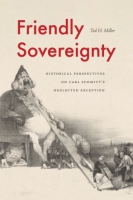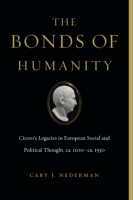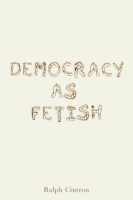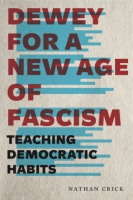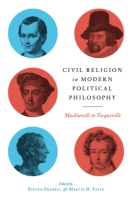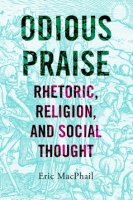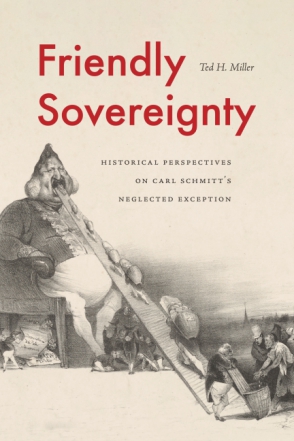
Friendly Sovereignty
Historical Perspectives on Carl Schmitt's Neglected Exception
Ted H. Miller
Friendly Sovereignty
Historical Perspectives on Carl Schmitt's Neglected Exception
Ted H. Miller
“When read as a diagnosis of a form of political corruption that is still very much with us, Friendly Sovereignty is a rewarding and important book”
- Description
- Reviews
- Bio
- Table of Contents
- Sample Chapters
- Subjects
Ted H. Miller challenges the view of sovereignty propounded by Carl Schmitt, the Weimar and Nazi–period jurist and political theorist whose theory undergirds this understanding of sovereignty. Claiming a return to concepts of sovereignty forgotten by his liberal contemporaries, Schmitt was preoccupied with the legal exceptions required, he said, to rescue polities in crisis. Much is missing from what Schmitt harvests from the past. His framework systematically overlooks another extralegal power, one that often caused consternation, even among absolutists like Thomas Hobbes. Sovereigns also made exceptions for friends, allies, and dependents. Friendly Sovereignty plumbs the history of political thought about sovereignty to illustrate this other side of the sovereign’s exception-making power. At the core of this extensive study are three thinkers, each of whom stakes out a distinct position on the merits and demerits of a “friendly sovereign”: the nineteenth-century historian Jules Michelet, the seventeenth-century political philosopher Thomas Hobbes, and Seneca, the ancient Stoic and teacher of Nero.
Analytically rigorous and thorough in its intellectual history, Friendly Sovereignty presents a more comprehensive understanding of sovereignty than the one typically taught today. It will be particularly useful to scholars and students of political theory and philosophy.
“When read as a diagnosis of a form of political corruption that is still very much with us, Friendly Sovereignty is a rewarding and important book”
“Sovereignty is a major subject in discussions of politics today. Thanks to widespread interest in Carl Schmitt’s writings, it figures in critiques of liberalism that stress the reality of violent extralegal action. Covering three political thinkers, Friendly Sovereignty directs our eyes to the dangers of nonviolent, ‘friendly’ forms of extralegality—favoritism, corruption, and mercy. It is a timely warning, born of the recognition that ‘friendly sovereignty’ has been a clear and present danger in recent U.S. politics.”
Ted H. Miller is Associate Professor of Political Science at the University of Alabama. He is the author of Mortal Gods: Science, Politics, and the Humanist Ambitions of Thomas Hobbes, also published by Penn State University Press.
Acknowledgements
Introduction
1. A Survey of Sovereignty Concepts
2. Michelet: Burying the Governments of Grace
3. Michelet: Sovereign People, Political Theology, and Liberal Exclusion
4. Hobbes, Decisionism, and the Friendly Exception
5. Hobbes’s Civic Theodicy: Leibniz, Suffering Innocents, and Prosperity of the Wicked
6. Seneca’s Friendly Sovereign
7. Seneca and Rome’s New Make-Believe
Conclusion
Notes
Bibliography
Index
Download a PDF sample chapter here: Introduction
Mailing List
Subscribe to our mailing list and be notified about new titles, journals and catalogs.
